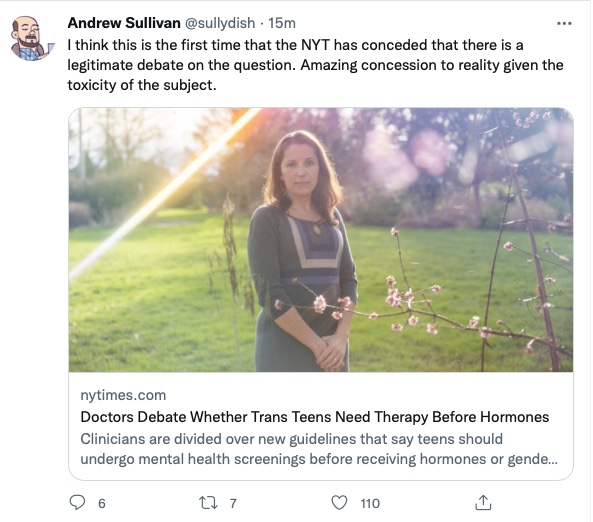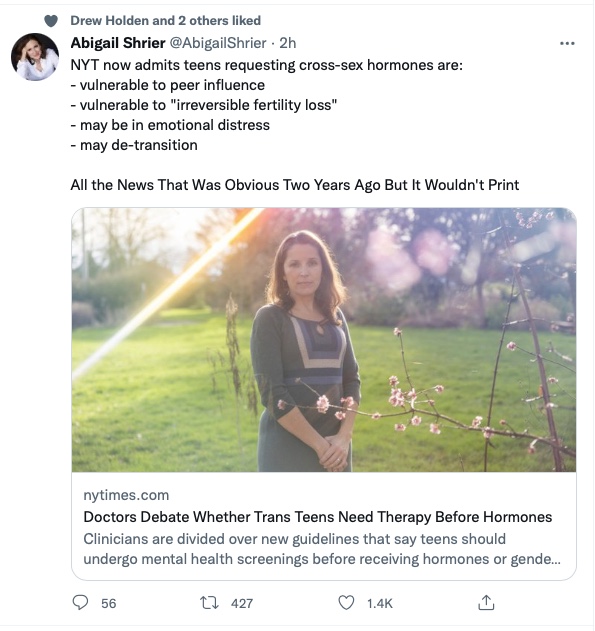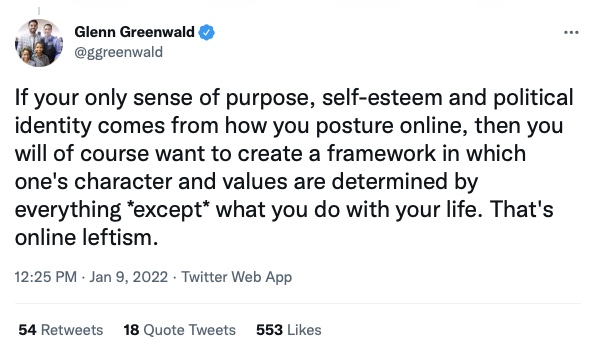In my view, Joe Biden is out energy and out of ideas. He should not run in 2024. I would also abhor another blow-hard narcissistic sunder-headed, divisive Trump run at the presidency.
Biden's recent marathon press conference is why he should not run. Andrew Sullivan has commented at length on what is ailing Joe Biden and the Democrats in an article titled: How Biden Lost The Plot: Listening to interest groups and activists is no way to get re-elected.
Here's an excerpt:
Here’s what hurts Trump. Biden doing sensible deals with Manchin and Sinema on tangible areas of agreement, instead of castigating and alienating them. Insisting that our election system is, in fact, solid and legitimate. Celebrating the re-opening of schools. Firing the heads of the CDC and FDA, after their appalling performance during Covid. And imagine if Biden had given a tub-thumping speech last week not on why it’s still 1964 in America, but on why he is appalled by the soaring murder rates in many cities, especially in poor and minority neighborhoods, and opposes the catastrophic soft-on-crime policies Democrat DAs are promoting around the country. Go visit the NYPD with Mayor Adams. Work with Romney on childcare assistance. Head to San Francisco to support Mayor Breed’s attempt to rein in anarchy. Now that would hurt Trump.
Biden also seems incapable of grappling with the cultural leftism — from critical race theory to the replacement of biological sex with subjective gender — that is increasingly defining the Democrats as a party. He’s just absent, distant, irrelevant on these issues, even as they have shown to be deeply unpopular and deeply divisive. Has he said anything about education and the rights of parents, a burgeoning issue for many suburban voters? Not that I’ve noticed. Meanwhile his party becomes more and more associated with the teachers’ unions, whose refusal to teach children in person for two years is now legendary.
His capitulation to the cultural left — from federal funds for abortion to “equity” across the federal government — is puzzling. I can’t believe that Biden really thinks that deliberate discrimination in favor of some races but not others is an American value, but that is what he is doing everywhere he has authority. I doubt he believes that the United States remains in its essence a slavocracy, whose true origin was 1619 and not 1776, and that this should be taught as fact in high schools across the country. But he will not say a word against the poisonous canard that helped deliver Virginia to the GOP. I doubt he thinks there is no biological difference between men and women — but that’s what his policies on trans issues reflect. Has he ever used the term “Latinx” in private? Again I doubt it, but he mouths that linguistic absurdity in public speeches.
His silence on all these things offers a chance for a future pivot, of course, to remind us that he was once Barack Obama’s vice president, and not merely Ibram Kendi’s tool. But he’s as cowed by these fanatics as the rest of his party. And I doubt he hears a smidgen of criticism of wokeness from his advisers. I mean he appointed Susan Rice to impose it on the entire federal workforce. All he hears, I suspect, is that opponents of wokeness are just racist, transphobic bigots.



